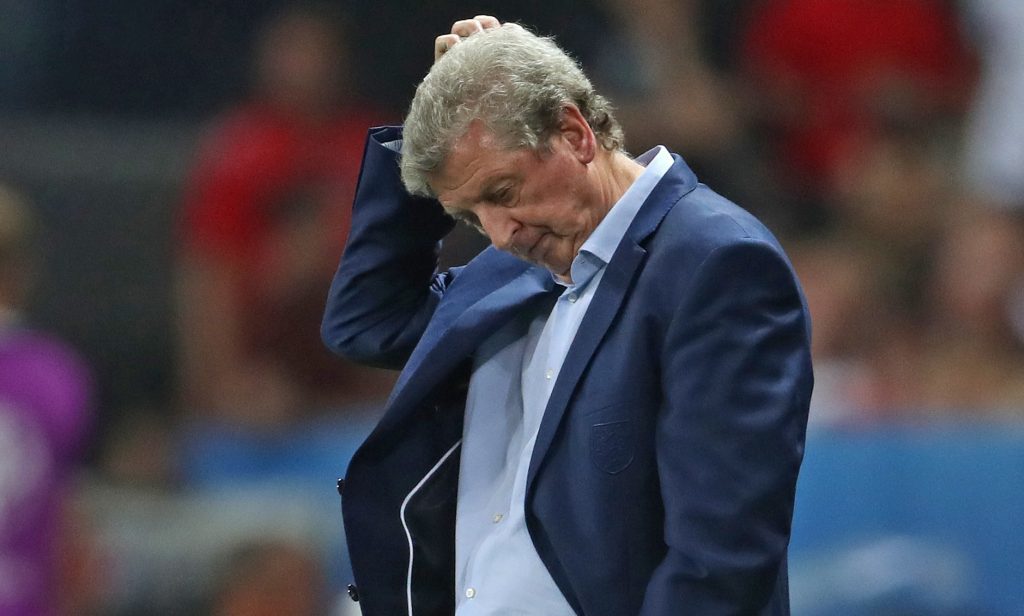England’s failure in the European Championships in France sits uneasily and in very sharp contrast with the boast that their Premier league is the richest on earth.
Things won’t change any time soon either, because the top English clubs rightly or wrongly are businesses, looking after their own interests first and the national team a very distant second.
Grassroots football in England complains bitterly about being starved of funds while the top level becomes ever more bloated on television cash.
Short of government intervention (and at present there might just be more pressing matters on the minds of those in Downing Street) that situation will continue.
The top league in England is the Holy Grail and Promised Land rolled into one, but pursuit of riches and material wealth by individual clubs has left the English national team distinctly second rate on the big stage.
While some have argued that the Brexit vote showed a little Englander mentality, that accusation certainly cannot be levelled at their football at top league level.
In fact the Premier League is the very essence of internationalism, with great players from all over the world plying their trade to full stadiums and huge TV audiences.
The downside though is the dearth of really top local footballers emerging because of lack of investment and competition from foreign stars, meaning fewer top players are available for the national side.
Roy Hodgson, a decent and civilised man, found the job too onerous and the humiliation of defeat to Iceland, managed by a part-time dentist, and with a population smaller than Edinburgh, forced his post-match resignation.
In Iceland a Uefa-accredited coach is available for every child over four years of age. They have 30 full size all weather pitches, seven of them indoors, and nearly 150 smaller artificial pitches.
That substantial spending shows that the Icelanders have invested heavily in the future, unlike the cash rich giant they have just slain, who believed that crumbs from the table would suffice for the peasantry below.
Undoubtedly there is more to it than just that. I covered Iceland v Germany in the European Championship in Reykjavik for BBC in 2003, and watched them draw 0-0 with a very strong German side.
There is a real sense of solidarity and strength in a nation where people have hewn a living from a windswept volcanic island in the middle of the Atlantic.
But they have also invested time, energy and money in their football and the result was there for all to see as they left England’s highly-paid stars chilled to the bone with their 2-1 win.
In Scotland, our failure to invest in grassroots gives us no reason to be complacent or point an accusing finger at our neighbour, though in mitigation our game has had a fraction of the hundreds of millions of pounds which have sloshed around south of the border.
The English national team now appears in need of divine intervention. It may be asking itself what profit a nation can have when it gains a whole world TV audience for the Premier league, but forfeits its soul.


